Early one morning Alison Welsh was woken in bed by the sound of her husband Michael making a terrible noise.
Alison, from Broughty Ferry, describes it like a constant drilling sound which she had never heard before.
It continued and when she turned over he was staring right at her and his face was scarlet.
The mum-of-two knew straight away something was very wrong.
“Michael hadn’t been feeling very well for a good three weeks beforehand, ” the 57-year-old says.
“On New Year’s Day 2023 we were at my mum and dad’s house and he was quite quiet.
“When we came home he went to bed early.
“My son and his girlfriend, who live in Glasgow, were staying with us and they went to bed too as did my daughter.
“But I just couldn’t settle as I had a feeling something wasn’t right with Michael.
“Then, at around 7am the next morning on January 2, he was making this really bad snoring noise and it sounded like constant drilling.
“I turned over and he was just staring at me – his face scarlet.
“I screamed for the children and they ran through to our bedroom within seconds.”
The next few minutes were vital.
And what happened next ended up proving to be the difference between life and death for Broughty Ferry’s Michael, 56, who had experienced a cardiac arrest.
What did Michael’s children do?
The first thing the couple’s oldest son Christopher, 31, and his girlfriend Chloe, 28, did was lift Michael off the bed and lay him down onto the floor.
Alison, who works as a school secretary at Grove Academy, continues: “Initially we thought he had maybe had a stroke or a seizure.
“But when they got him on the ground, they realised he was basically gone.
“They knew his heart had stopped so immediately they started doing CPR with Christopher taking the lead.”
Alison explains that all three are first aiders with her son and daughter learning CPR when they were in the canoe club at Dundee University.
“Rachel was at Michael’s head just making sure that his tongue was ok while Christopher was doing chest compressions.
“And while they were doing that, I phoned an ambulance.
“When Christopher started to get tired Chloe took over the CPR.”
They each took turns until the ambulances arrived within five minutes.
“The paramedics were straight up the stairs with a defibrillator.
“And the next thing I heard was ‘clear’ and Michael was getting shocked. It didn’t work the first time.
“But they did it again and the second time it worked and they said ‘we’ve got him back’.
She adds: “It was terrifying and just so surreal.”
What does Broughty Ferry’s Michael remember about his cardiac arrest?
Michael remembers waking up at Ninewells Hospital in Dundee and being aware of having an oxygen tube in his nose.
He recalls: “I remember taking it out and saying what is that doing here?
“Apparently my wife and family had said I was conscious but I have no recollection of it.
“I remember looking up at the clock and seeing it was ten to nine in the morning.
“I felt a bit strange and I was thinking: ‘Why are all these people sitting looking at me and why am I wearing hospital jammies?’
“It was just all a bit uncomfortable and a bit confusing.”
Discovering a cardiac issue
The Dundee Council communities officer explains that in the lead up to having the cardiac arrest, he discovered there was an issue with his heart.
Earlier in December he was at home one morning when he fainted.
He went to see his GP who referred him to the cardiology department at Ninewells Hospital.
“I was referred three or four weeks after I started feeling a bit funny,” he recalls.
“I was having these heart flutters and they did an ultrasound as well as an ECG.
“The hospital found my heart had an ectopic beat which is an extra or early heartbeat that can feel like your heart is skipping or fluttering.
“The consultant prescribed a beta blocker tablet which I took.
“I felt fine after that and the flutters went away.
“But then just before Christmas the fibrillation came back again and I started experiencing the same issues.
“Sometimes the flutters would happen five or six times an hour, sometimes three times a day – it was completely random.”
Michael was due to have a check up just after the New Year so he decided to put off seeing his GP until early January.
“Then on New Year’s Day I was feeling tired and a bit under the weather, but I didn’t think anything major was wrong.
“I went to bed and in the early hours of January 2 the fluttering started again.
“So I took an extra beta blocker – as I had been told I could take a bit more – and went back to sleep.
“I don’t remember anything after that until I woke up in Ninewells.”
Having an integrated defibrillator fitted
When he was in hospital Michael had more tests done and he was told he was going to be fitted with an integrated defibrillator.
“They did tests over the next few days which showed there didn’t appear to be anything wrong with my heart.
“I was told I had had a cardiac arrest – not a heart attack. Normally when someone has a heart attack there is a blockage in an artery but I didn’t have any blockages.
“My heart just stopped so the consultants decided the best course of action would be to fit me with an implanted cardiac device.”
The defibrillator monitors his heart rhythm and can deliver a shock if a dangerous, abnormal heart rhythm is detected.
“If my heart stops again the device will bump into action and bring me back to life again,” he adds.
Since having the defibrillator fitted, Michael has been fine and has regular six monthly check ups just to monitor it.
He also continues taking daily beta blocker tablets.
“I have since been able to get back to what I was doing before so swimming a couple of times a week as well as playing golf.”
Grateful to his family for saving his life
Michael says he will always be thankful to his family for the way they responded when he had his cardiac arrest.
“Without them I wouldn’t be here.
“I will be forever grateful for all their magic on that day.
“If it hadn’t been for my wife hearing what was going on and my kids knowing CPR, the outcome would have been very different.
“Them knowing what to do in those crucial minutes was the difference between me making it and not making it through.
“Learning CPR is a simple activity that can mean the difference between life and death.
“I was one of the lucky ones, thankfully people were around who knew what they were doing.”
Alison adds: “They were incredible.
“Without them Michael would not be here today.
“There are genuinely no words to express what my children did to save their dad, and how amazing they are.
“Every day we wake up thankful that he is here.”
For anyone wanting to learn CPR, the British Heart Foundation offers a free online course.
The interactive, online CPR training called RevivR takes just 15 minutes and all you need is a mobile phone or tablet and a cushion to practise on.

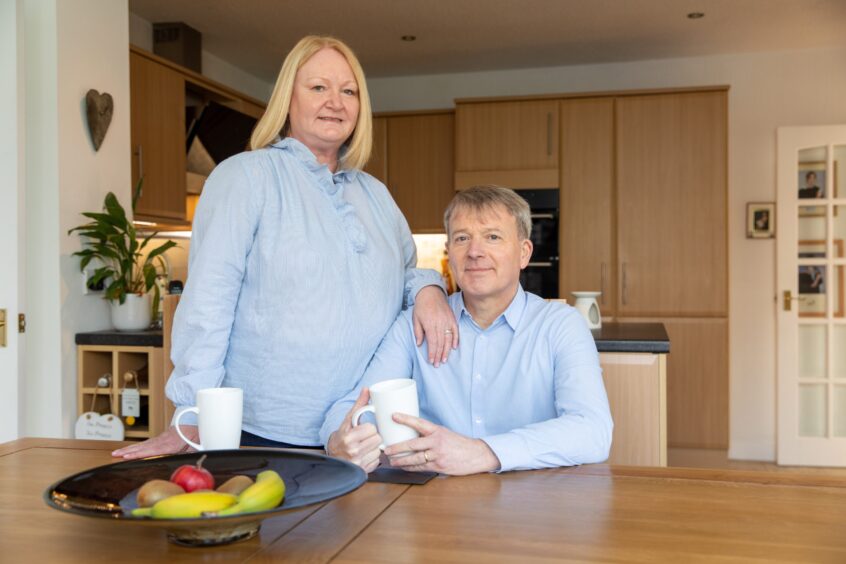
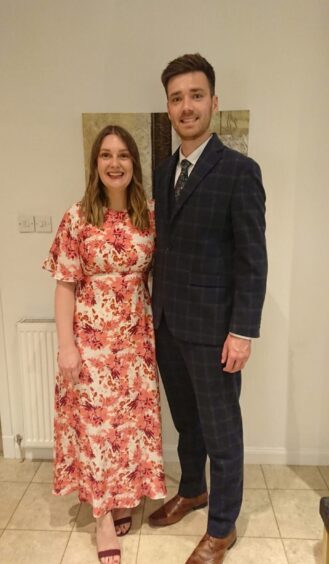
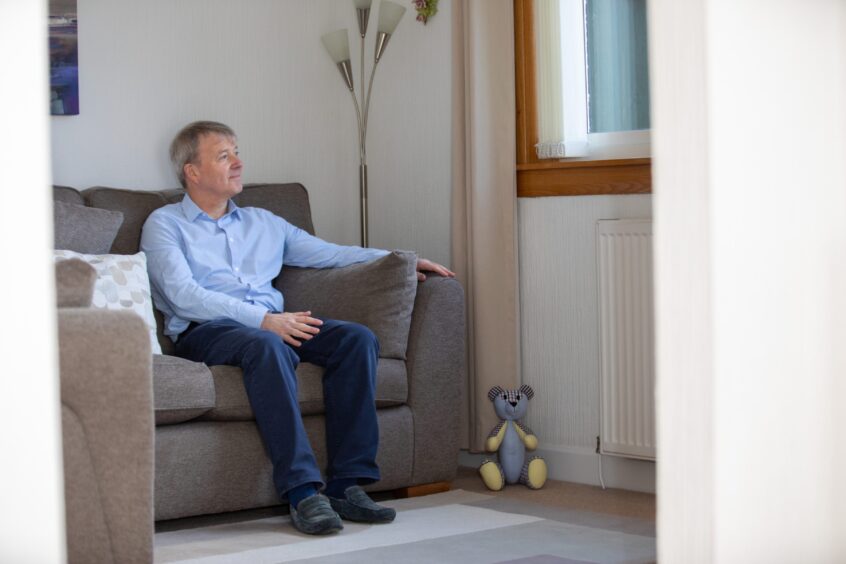
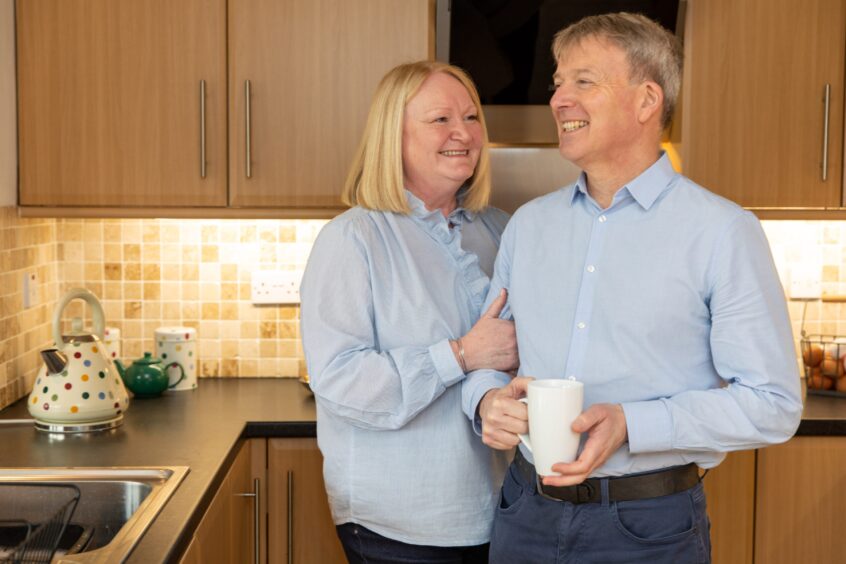
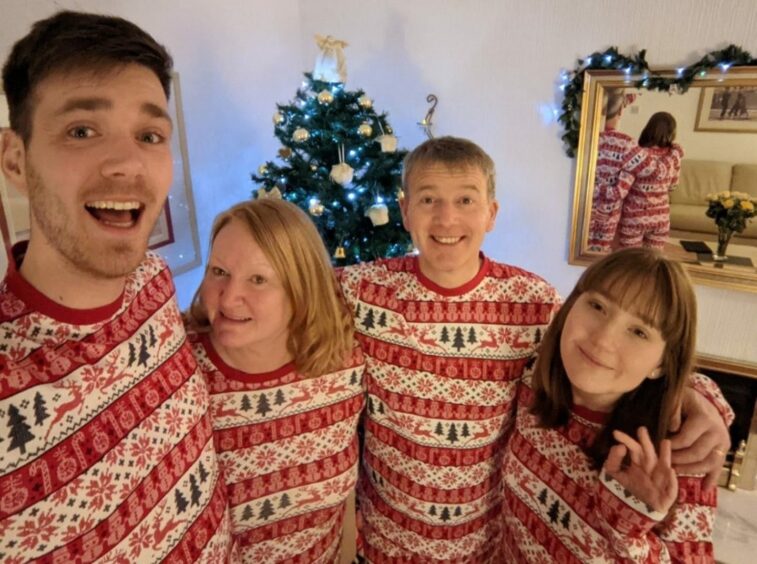









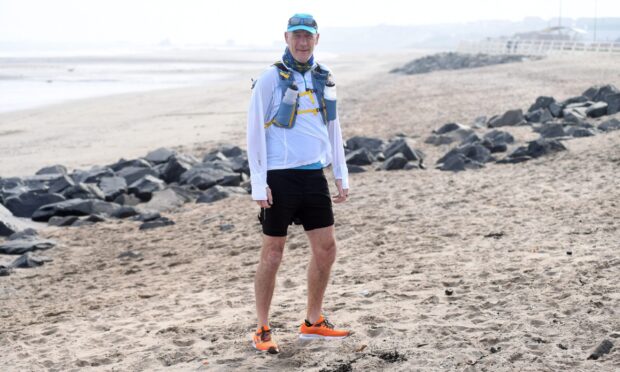
Conversation